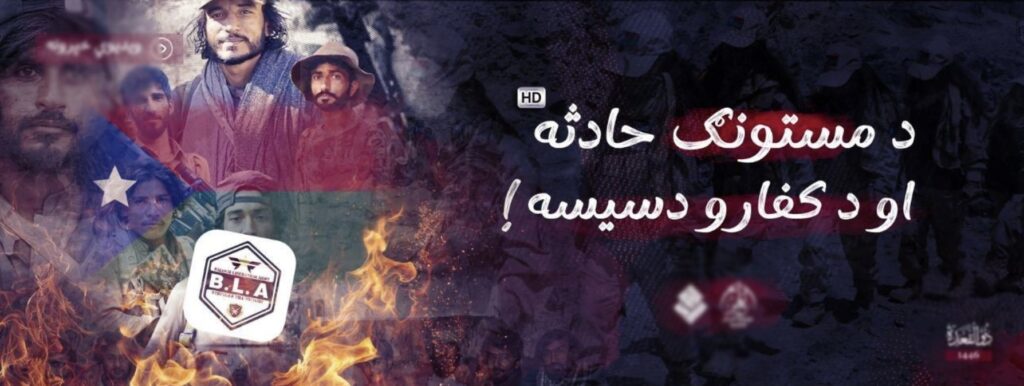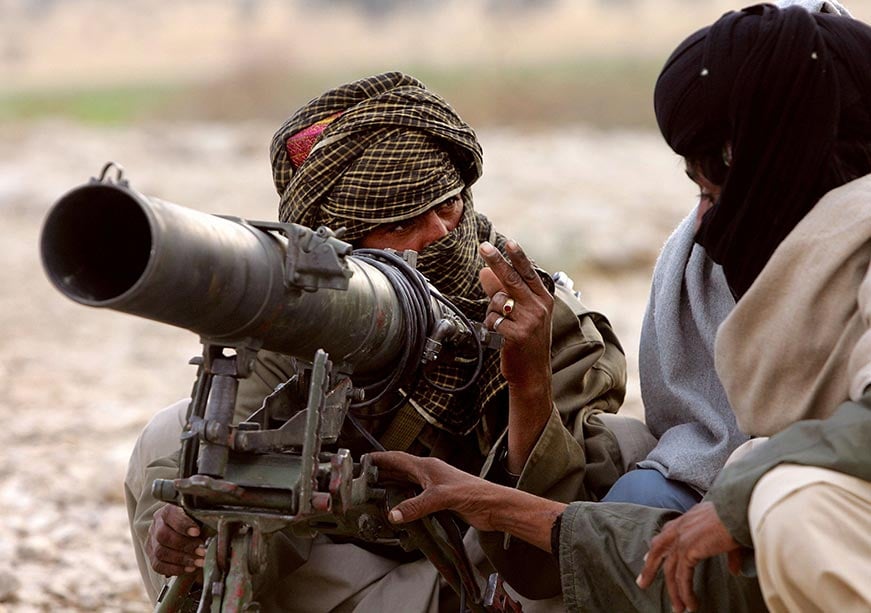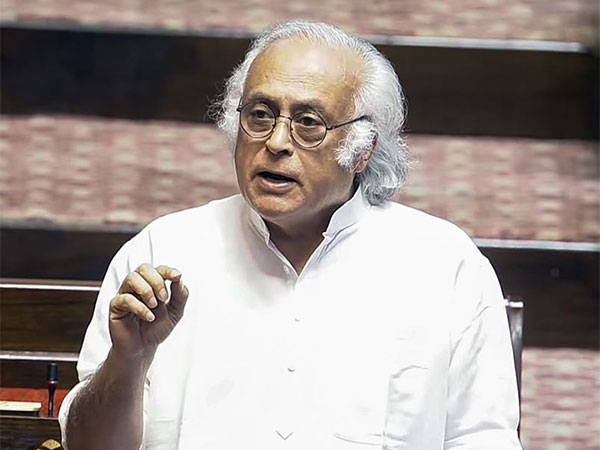SKP Enters Baloch Conflict, Raising Red Flags Across the Region

In a dramatic escalation of militancy in the region, the Islamic State Khorasan Province (ISKP) has officially declared war against Baloch separatist groups and activists operating in Pakistan’s Balochistan province. In late May 2025, ISKP released a 36-minute Pashto-language video via its Al-Azaim Media platform, claiming operational presence in Balochistan and issuing direct threats to Baloch Liberation Army (BLA), Baloch Liberation Front (BLF), and civil society leaders like Mahrang Baloch of the Baloch Yakjehti Committee (BYC).
The terror group alleges that the declaration was triggered by a March 2025 attack by Baloch groups on ISKP camps in Mastung, which killed 30 ISKP fighters. This announcement is not only a shift in ISKP’s operational theater but a development that could destabilize Balochistan further, threaten civilians, and strain Af-Pak relations.
ISKP vs Baloch Groups – A New Front in Militant Rivalries
The entry of ISKP into Balochistan’s insurgent landscape is unprecedented. While Baloch separatists have historically championed secular and democratic ideals, ISKP brands them as “un-Islamic,” accusing them of aligning with Afghan Taliban, another sworn enemy of ISKP.
Witness the chilling reality: #Pakistan’s #ISI-backed proxy, #ISKP, celebrates as attacks on #Baloch & #Pashtun civilians unfold — homes torched, families shattered.
— Shanaaz Baloch (@ShanaazBaloch) June 6, 2025
This is state-backed ethnic cleansing disguised as jihad.#FreeBalochistan@MArizanti @SeemaBalochh @MIqbal_BRP pic.twitter.com/oXNTz7LBri
More alarmingly, ISKP’s target list extends beyond militants, openly threatening unarmed civil rights activists, including Pashtun leaders like Manzoor Pashteen. This introduces the risk of mass-casualty attacks on public events, rallies, and symbolic figures—raising alarm for humanitarian and human rights observers.
This clash of ideologies—religious extremism vs secular nationalism—may force Baloch insurgent groups to redirect their resources from fighting the Pakistani state to defending against ISKP assaults, fracturing their strategic momentum.
Regional Fallout – From Balochistan to Kabul and Islamabad
Balochistan is already one of the most militarized and unstable provinces in Pakistan. The arrival of ISKP adds a third belligerent force, amplifying the security crisis and radicalizing local populations already grappling with state suppression and economic exclusion.
Worse still, this new front could spill over into Afghanistan. ISKP accuses Baloch groups of collaborating with the Afghan Taliban, a narrative that deepens the existing mistrust between Kabul and Islamabad. This could spark cross-border raids, retaliation, and further diplomatic breakdown.
There are even speculations that elements within Pakistan’s security establishment may tacitly support ISKP to counter Baloch separatists—a dangerous gamble that could backfire and legitimize ISKP’s regional footprint.
Meanwhile, India and other regional observers are closely watching the developments, especially as Pakistan’s internal fragmentation weakens its strategic posture in South Asia.





















